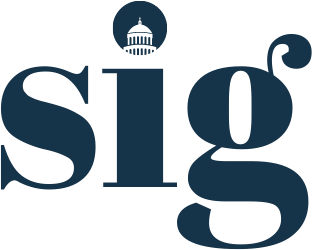By Kimberly Tan, ’17
Summer 2014 marks the final pilot year of the SIG Stipends Program, a new effort to provide funding for students with backgrounds not traditionally supported by SIG and who identify unpaid public policy opportunities. Given the program’s resounding success, SIG is excited to continue to strengthen the program and strive for sustainable program funding.
Stanford students are frequently discouraged from applying for, or accepting, policy internships since they are often unpaid. By funding these internships, the Stipends Program aims to encourage students to consider pursuing public policy opportunities instead of paid, private-sector ones. Consequently, the program primarily targets freshmen and sophomores, students with financial need, and students majoring in fields that do not often lead to careers in public policy.
The SIG Stipends Program received a record 62 applications this year. The applicants hailed from all four years with majors in 23 different fields, including engineering, physics, chemical engineering, human biology, philosophy, symbolic systems, earth systems, and comparative studies in race and ethnicity. Applicants were also minoring in 23 fields, including civil engineering, creative writing, and religious studies.
Applicants’ prospective internships were located in 13 different countries and were equally diverse, ranging from the Ministry of Natural Resources and Energy in Swaziland to the United States Embassy in Beijing to the U.S. Department of the Treasury in Washington, D.C.
Due to the financial burden of an unpaid internship, the majority of the students selected would not have been able to accept their internship without the stipend.
In the next three years, SIG hopes to expand the SIG Stipends Program in a variety of ways. First, it hopes to increase the number of applicants through additional advertising on campus, especially in areas still underexposed to policy. In addition, it hopes to increase the number of stipends awarded so that a greater number of students can experience rewarding policymaking internships. Lastly, SIG hopes to ease the process of finding policy internships by helping to connect students with placement opportunities.
With these efforts, SIG anticipates that the program will become a significant presence on campus—one that inspires many future students to explore opportunities in the policy world.


